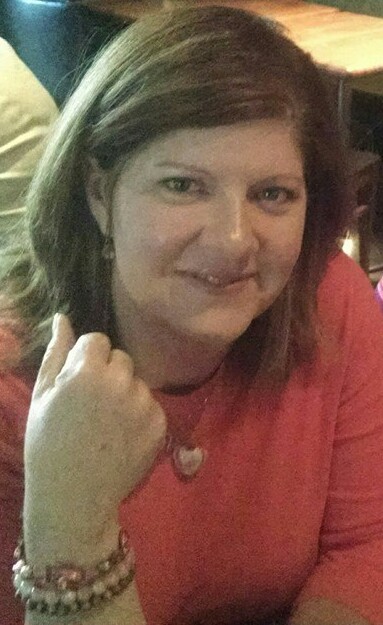I came across this premise years ago, barely in my 20s:
Our brains are like a constant Google search, always coming up with answers to the questions we ask ourselves. It follows, then, that our lives are determined by the quality of the questions we ask ourselves. Want a better life? Ask better questions.
But is it true? (An incredibly useful yet rarely asked question.) I didn’t really get it until I asked that question and started experimenting.
Try it for yourself, in your role as a dementia care partner. Jot down the first couple of answers that come to you with each question.
- “When will this phase ever end?”
- “Why does she keep doing that?”
- “Can’t my brother see I need help with Mom?”
Did you notice how quickly your brain can come up with answers? Kind of remarkable, isn’t it? They aren’t necessarily good answers, or the right answers, or detailed answers. But your brain came up with something in a flash.
How do the answers make you feel? This was the moment of enlightenment for me, when I made the connection between what my brain was telling me and how I felt. If my brain was being kind of a jerk, it didn’t feel very good.
But if it was only spitting out answers based on the input–questions–it was receiving, then it followed that I could feel better by asking better questions. I really could change the quality of my life by asking better questions.
Now try asking yourself the following set of questions, again jotting the first couple answers that pop into your mind.
- “What could I do to support her during this phase?”
- “What’s she trying to tell me?”
- “How can I include my brother in a way that feels good for him, me, and Mom?”
You may have the same core issue–I really need help with Mom!–no matter how you ask the question, but reframing the question allows your brain to give you better quality answers. And, I’d bet, answers that feel better.
When I first started my business, the question that kept going through my mind was, “How am I going to find people who need help? [GAH!!!!!]”
It’s easy to see how that’s a panic-inducing question (especially in retrospect, of course). Then I adopted a new set of questions, which is actually a prayer from A Course in Miracles:
“Where would You have me go? What would You have me do? What would You have me say, and to whom?”
There’s a subtle but substantial difference between that and where I started, and certainly a significant difference in the results.
Staying focused on receiving positive input so that you can ask better questions so that you can get better answers so that you can ultimately improve the quality of your life can sound frivolous on its face.
But what if it works? What if it’s true?
While excitement about a new year and the infinite possibilities of fresh starts is still in the air all around us, consider doing a little experiment.
Ask yourself a few better questions every morning, and be sure to record the first couple answers that come to you, as well as a couple words to describe how you feel.
Here are some examples:
- How can I show my person I love them today?
- What can I learn from this situation?
- What action would I take if my best friend was in my situation?
If you really want to take it to the next level, click HERE so you can join the private Facebook group and enroll in The Dementia Sherpa’s Better Questions 21-Day Challenge.
You’ll get inspiration, support, and positive input, plus be entered to win* a cool prize I haven’t figured out yet. (Yep, totally open to suggestions!)
*No purchase necessary, but this isn’t a just-enter-but-don’t-bother-to-do-the-work situation. You’ve gotta actually participate! 😉
Ready to see what 3 weeks of positive inputs feels like? Excited about experiencing the results after 3 weeks of asking yourself better questions? Let’s do this!


